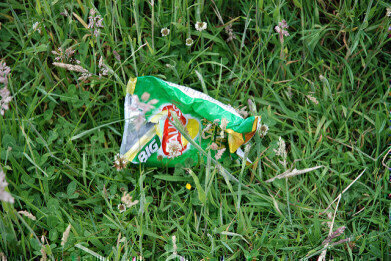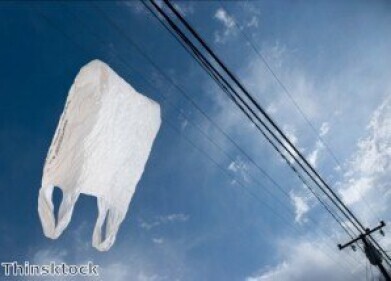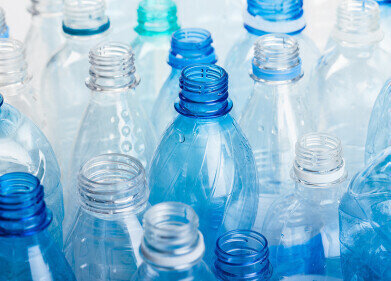Waste Management
Are Crisp Packets Next to Be Banned?
Jul 07 2018
According to a 2016 study from the Co-op, only one third of the 1.5 million tonnes of plastic waste generated in the UK every year is recycled. The rest heads to landfill or, worse, ends up in our seas and oceans, causing a huge problem for the flora and fauna which call them home.
Over the last few years, growing awareness of the problem has prompted the government to introduce a series of measures to tackle the problem. After addressing single-use shopping bags, drink straws and, most recently, takeaway coffee cups, there are now clamours for the focus to turn to crisp packets.
The crisp problem
By mass, the UK consumes more crisps, nuts and crackers than any other country in Europe. The most quintessential of British snacks, around half a billion crisps are consumed on a daily basis in Britain, equating to roughly 17 million potatoes. The biggest company in the country, Walkers, produces around half of the 20 million bags produced every day.
Unfortunately, the plastics used in creating crisp packets are mostly unrecyclable. That means that every day, millions of empty packets are sent to landfill, creating an unsustainable waste habit which must be addressed, according to Labour MP Mary Creagh. “I think they’re going to have to look at a fundamental redesign of their products and look at more sustainable alternatives,” she said.
Next in line
Single-use plastics have long been in the crosshairs for environmentalist groups and, more recently, the British government. A compulsory charge of 5p has been levied on the use of plastic shopping bags in Wales since 2011, Northern Ireland since 2013, Scotland since 2014 and England since 2015. It has helped to slash consumption of these wasteful bags by as much 80% in some parts of the country.
More recently, the conversation has turned to plastic straws in drinks at bars and restaurants and pollution caused by takeaway coffee cups. The latter are particularly damaging because, like crisp packets, they are very difficult to recycle but have a very short lifespan, meaning they end up persisting in our environment for decades despite only being used for a short time. Now, environmentalists want crisp companies to reassess the way they manufacture packets, as well.
Technology holds the key
Forward advances in technology are the key to tackling these problems effectively. One such avenue of research sees forensic science meet artificial intelligence in a bid to combat plastic pollution, although the solution to the crisp packet conundrum is likely to be far less hi-tech. Instead, what is required is for companies to step up their research and development efforts into more environmentally-friendly materials for packaging of all of their products, not just crisps.
For their part, PepsiCo (owner of Walkers) have signalled their willingness to clean up their act. “We have committed to 100% recyclable, compostable or biodegradable packaging across our product portfolio by 2025, and are collaborating with leaders in this space to bring the latest packaging advances to our products,” said a spokesman. “We already have a pilot of compostable bags in one of our markets and are optimistic we will be able to expand its rollout wider in the future.”
Events
May 05 2024 Seville, Spain
May 13 2024 Munich, Germany
May 23 2024 Beijing, China
May 23 2024 Beijing, China
Jun 10 2024 Algiers, Algeria













